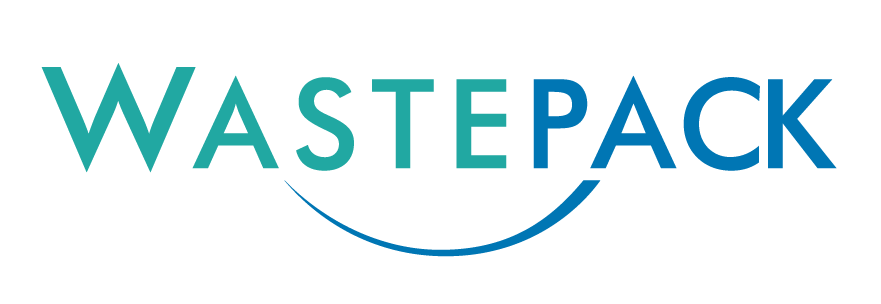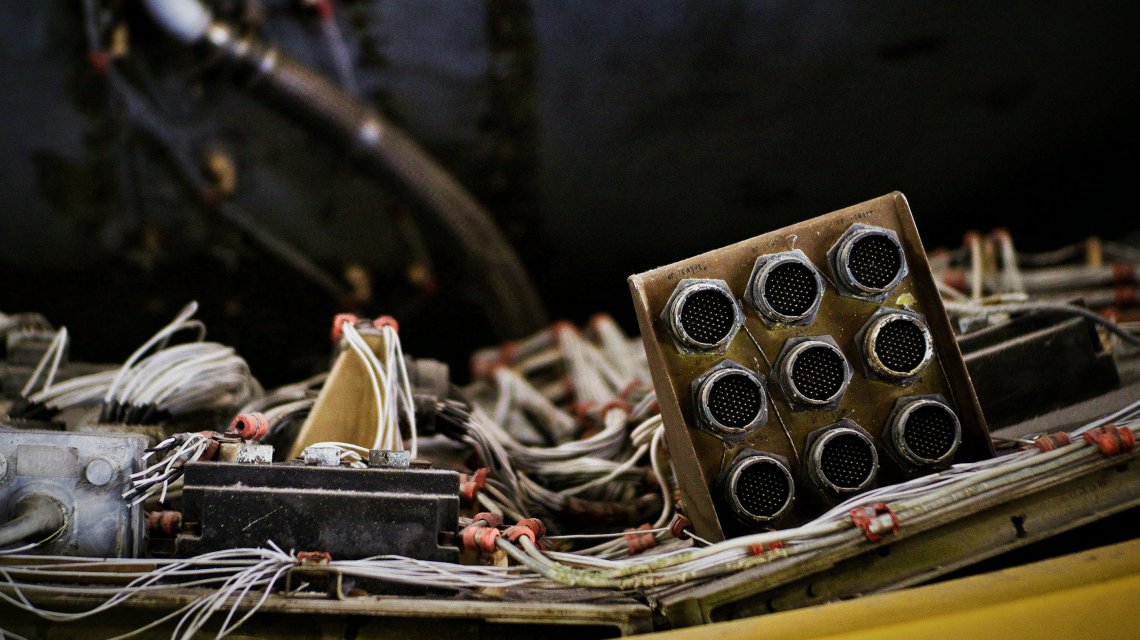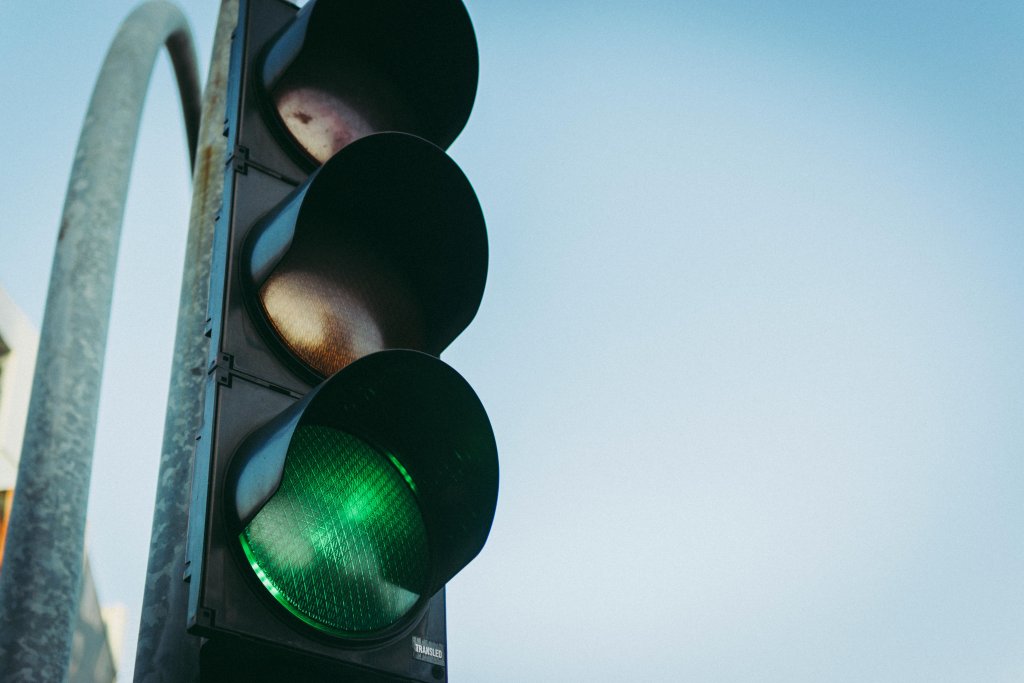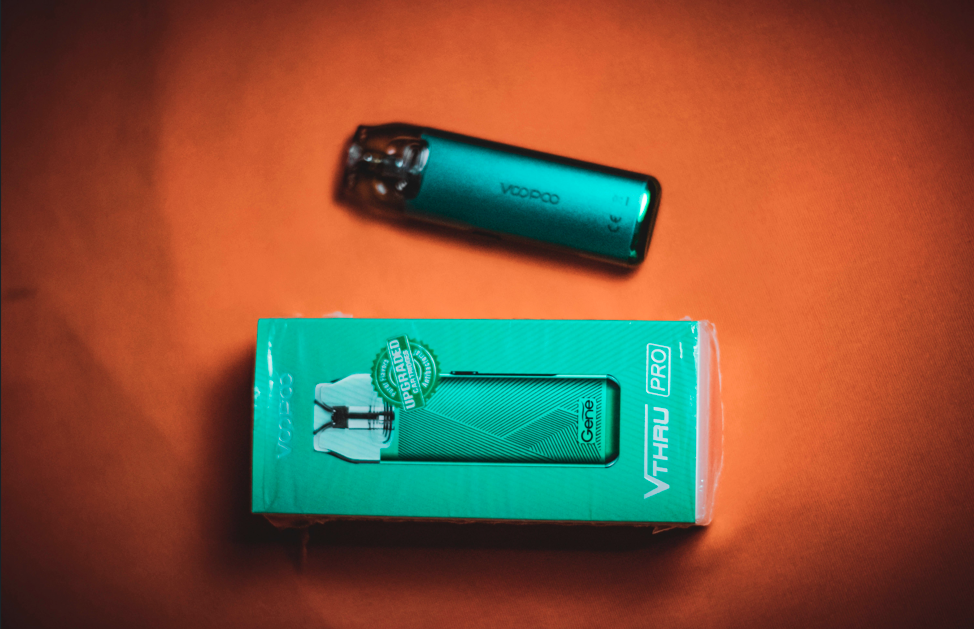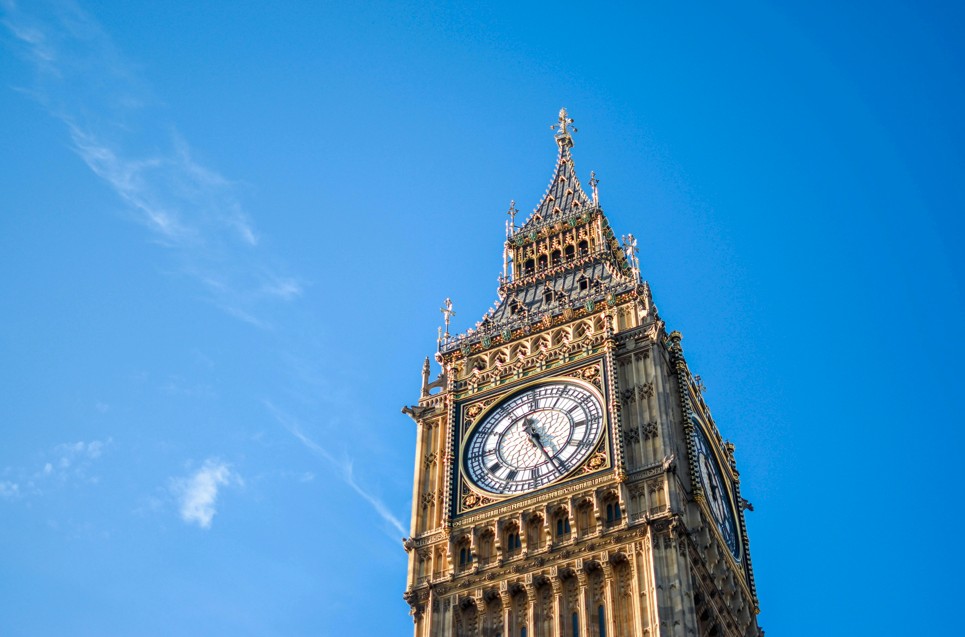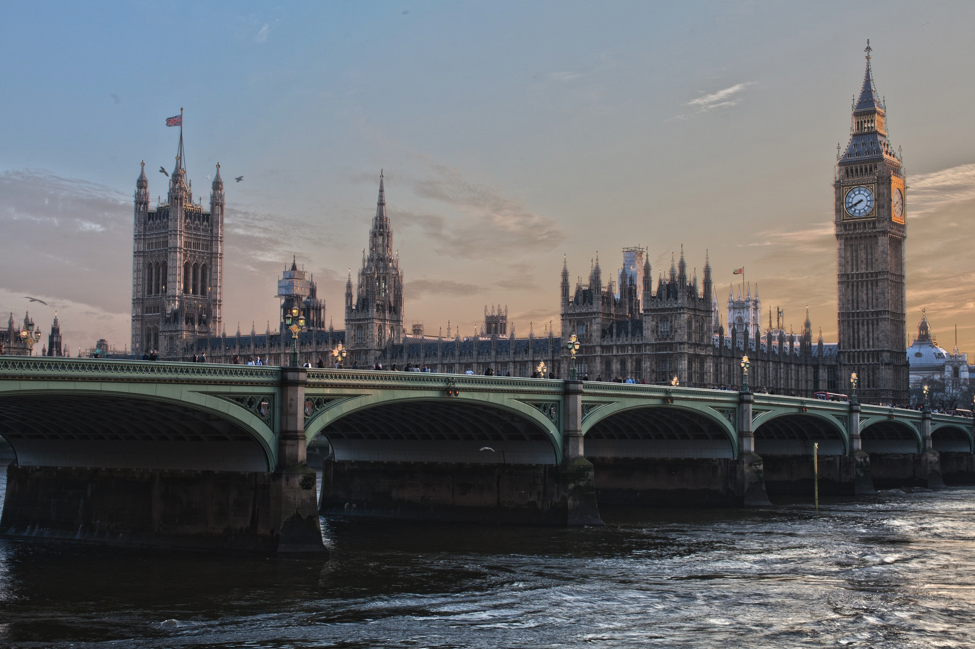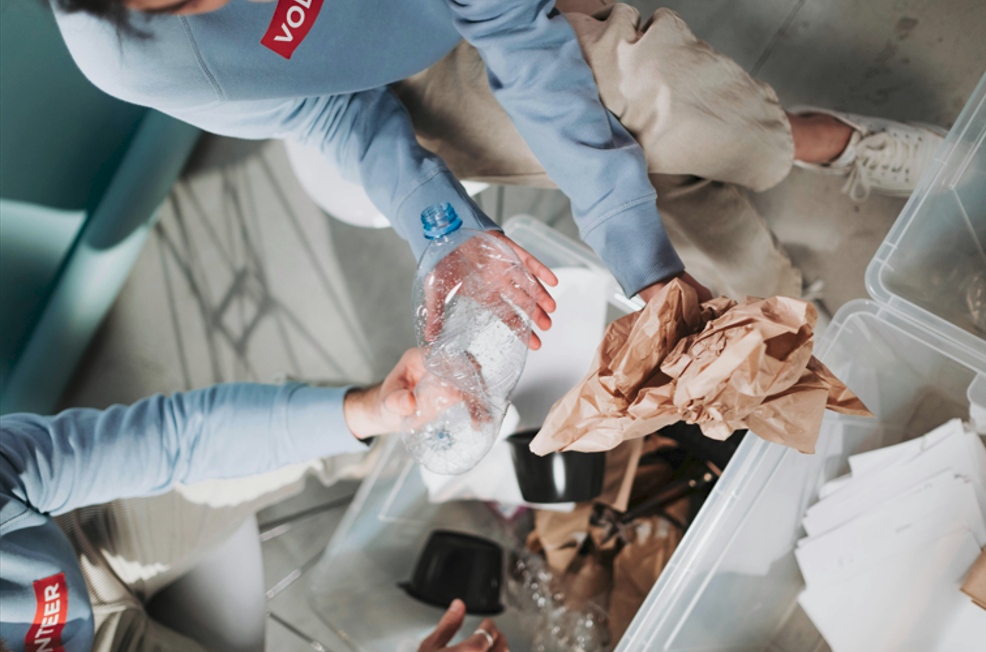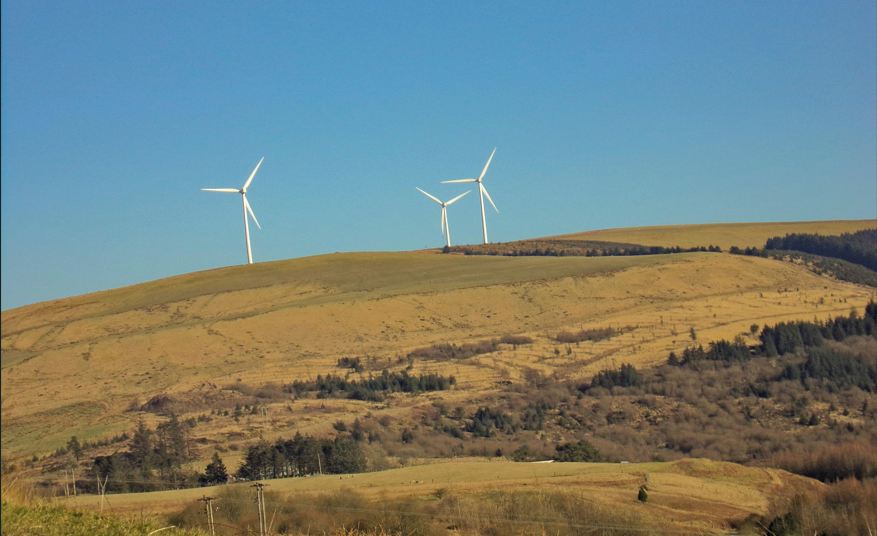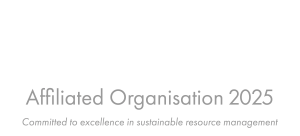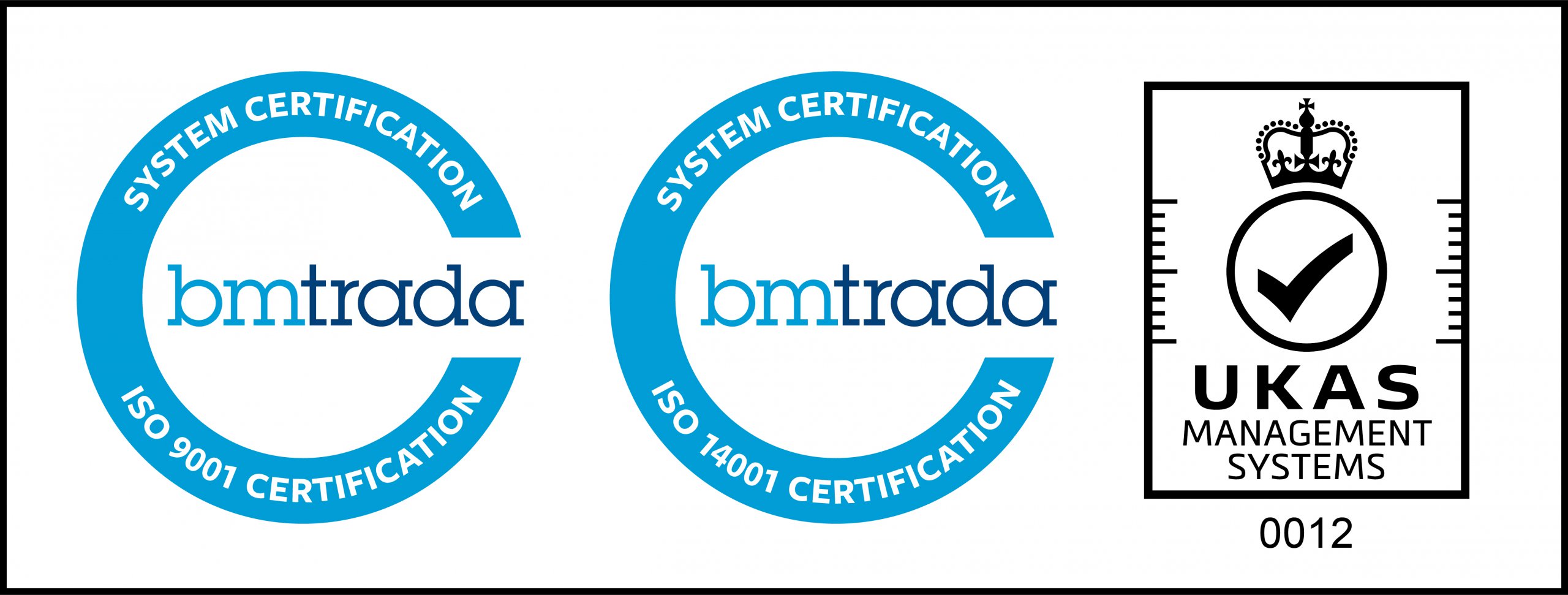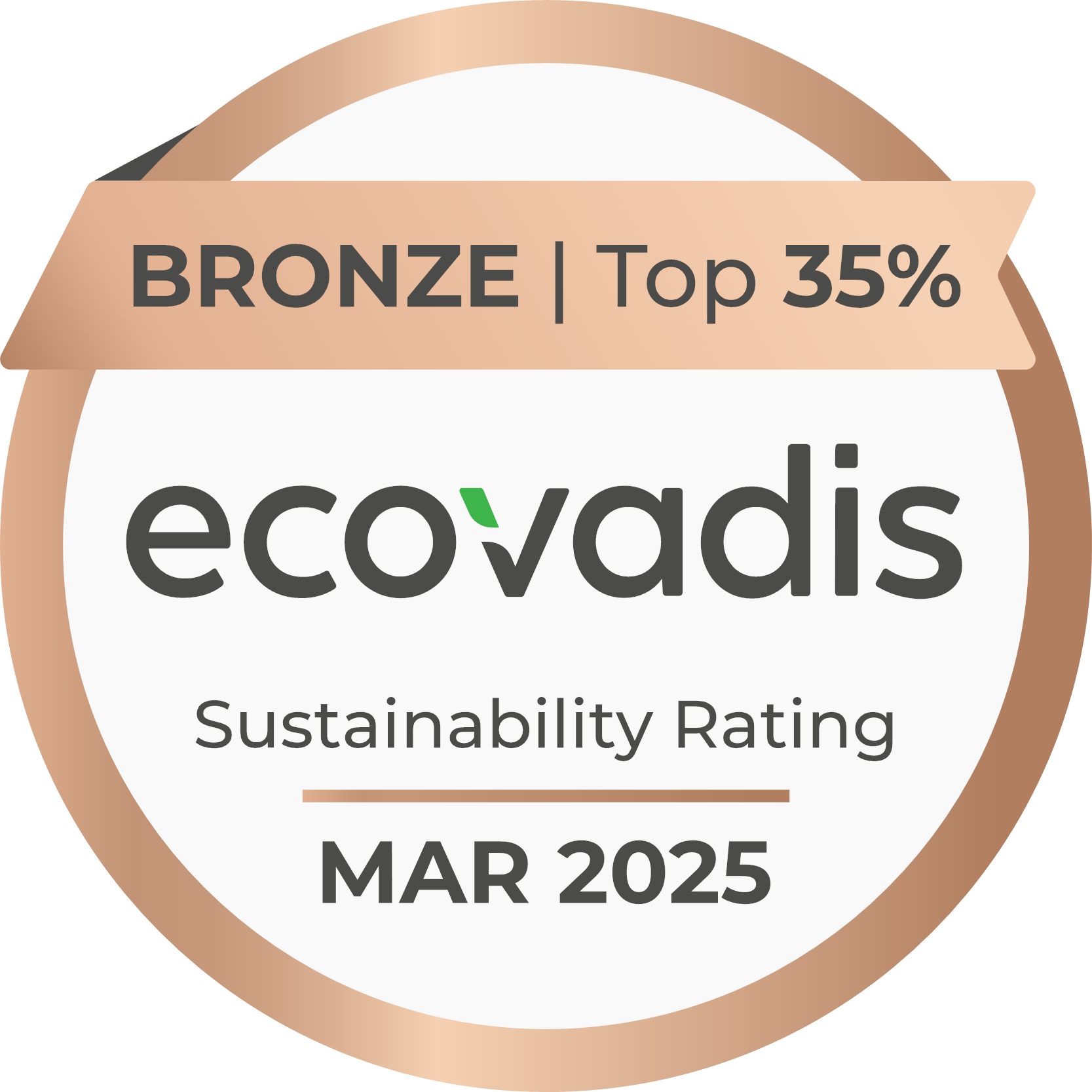Ministers have approved a proposal from the Joint Trade Association for the waste electrical and electronic equipment (WEEE) compliance fee methodology for 2022.
A methodology proposed by the JTA, a group of product-focused trade associations which work on policy issues around producer responsibility, has been used to determine the fee in five consecutive years.
The JTA proposed two alternative methodologies, one of which aimed to adjust the fee to reflect the impact of the ongoing cost of living crisis on WEEE collections. However, Defra decided not to pursue it and opted for the "business as usual" approach, which was the same methodology used in 2021.
Craig Melson, associate director for climate, environment and sustainability at techUK, one of the ten organisations making up the JTA, expressed delight in Defra's decision to use the JTA methodology. He stated that techUK would work with stakeholders across the WEEE system to implement it.
Defra conducted a consultation on the proposals between October and November of last year and received 24 responses from producers, compliance schemes, trade associations, and local authorities.
In a statement, Defra stated that there was strong support for the compliance fee and that all respondents supported its adoption.
Of the 24 responses, 15 preferred the JTA's proposal, while three recommended Valpak's proposal, which included an escalator that placed a premium on reuse evidence. Six respondents declined to comment on their preferred methodology.
The compliance fee system has its critics, who consider paying it a "soft option" compared to buying evidence from WEEE recyclers. Nevertheless, Defra's decision to use the JTA methodology demonstrates its commitment to ensuring the success of the compliance fee mechanism for 2022.
